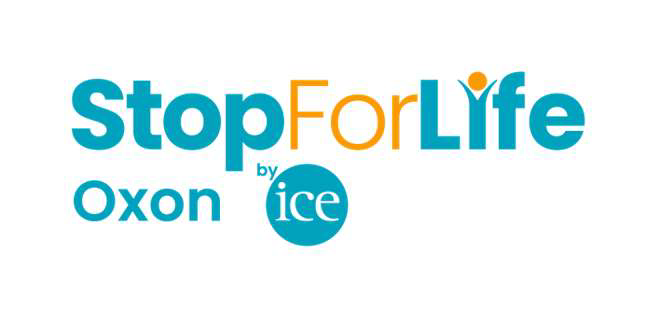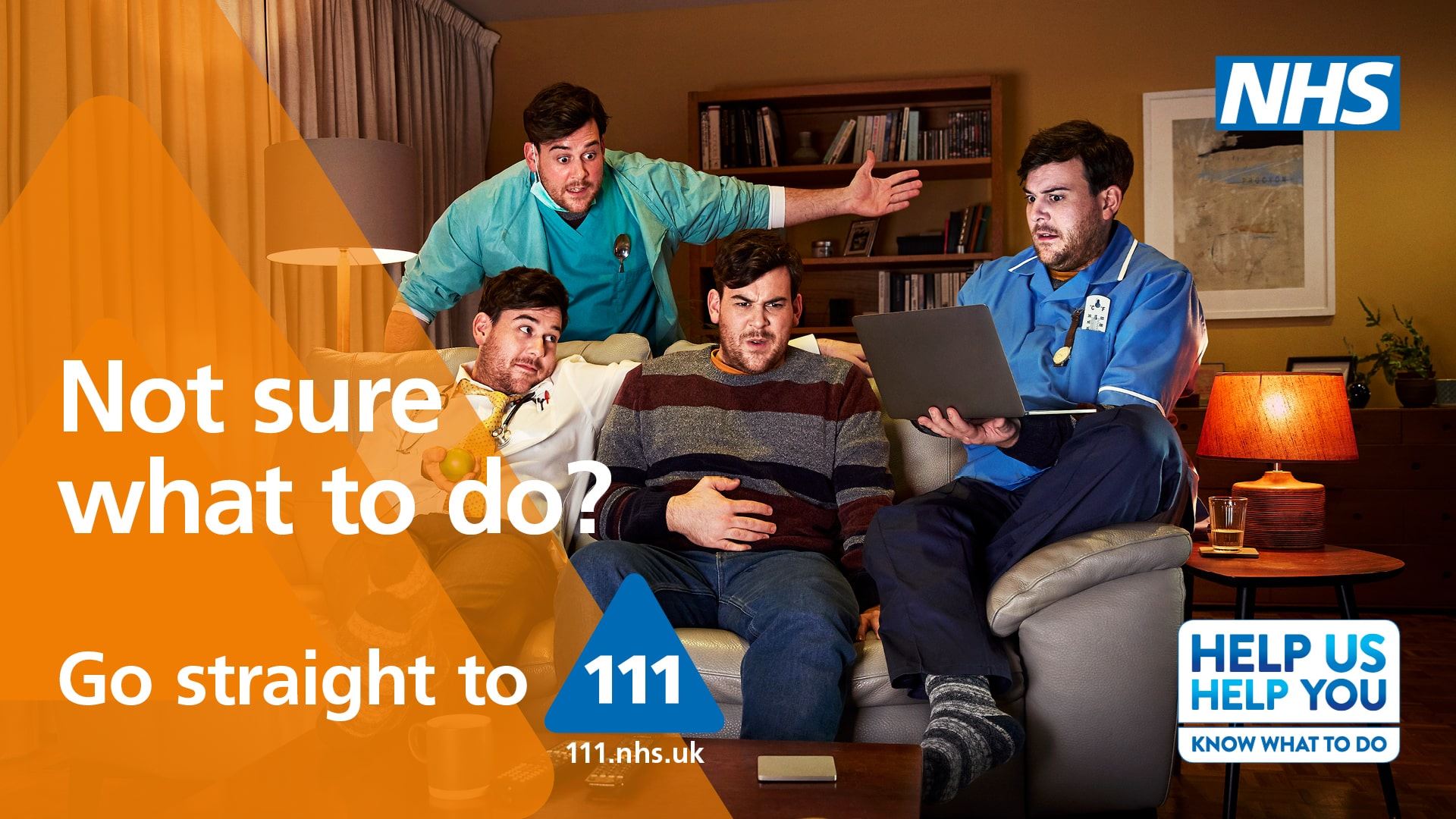Health Advice

StopforLife are working with Newbury Street Practice to provide a Smoking Cessation Clinic, Wednesdays 1500-1830
Who is Eligible?
Any one who is a current tobacco smoker over 12 years old, that lives or works within Oxfordshire and is motivated to stop smoking. We are currently unable to support quits from those that are exclusively vaping.
What is on offer?
Stop for Life can offer up to 12 weeks of smoking cessation support, this consits of access to free NRT, and Vape Kits, behavoural support and expert advice. This can be delivered in person at the practice, over the phone or via other digital medium – Text/Teams/Zoom etc…
A standard program involved an initial assesment with weekly check ins from the agreed quit date.
How can I refer in?
You can book directly into the service by visiting visit.stopforlifeoxon.org/NewburyStreetPractice (case senstive) or by scanning the QR Code
alternatively you can email referrals to referrals.stopforlife@nhs.net or by visiting our website www.stopforlifeoxon.org or calling us on 0800 122 3790.

Getting the most from your sodium glucose co- transporter-2 inhibitors (SGLT-2i)
This leaflet has been designed to give you information about sodium glucose co-transporter- 2 inhibitors (SGLT- 2 inhibitors) and answers some of the questions that you or those who care for you may have about these medicines. It is not meant to replace the discussion between you and your medical team but aims to help you understand more about what is discussed. If you have any questions about the information below, please contact the person who provided you with this leaflet.
Information for patients without diabetes, relatives and carers.
Information for patients with diabetes, relatives, and carers.
Shingle Vaccination Leaflet - "Why you are being asked to wait"
From 1 September 2023, the vaccine programme is being offered to healthy people turning 65 or 70 years on, or after, that date.
The roll out will continue at these ages until all those aged 65 years in 2023 have turned 70 and been offered vaccination (in 2028).
For more information about the roll out and eligibility, please visit Why you may have to wait for your shingles vaccine - GOV.UK (www.gov.uk)
JOINT INJECTION PATIENT INFORMATION LEAFLET
Corticosteroid (steroid) drugs can be used to treat pain and inflammation, and certain types of arthritis. They can be given as an injection, at low doses, and are helpful in treating many joint and soft tissue problems. This leaflet explains their use.
“One Lump or Two?” - Podcast
“One Lump or Two?” - a brand new podcast that’s not afraid to laugh (and cry) in the face of breast cancer. Featuring two women and three boobs, ‘baldly’ tackling life's darkest moments.
Read about Shelley, diagnosed at the age of 29, faced the daunting reality just six months before Kate, who received her diagnosis at 30. Their paths crossed through an unexpected connection on social media when Kate courageously reached out with a plea for support. Now, the duo are venturing into the world of podcasting. Embracing a straight-talking approach to the often mind-boggling world of cancer diagnosis and treatment, Shelley and Kate channel their shared experiences into an unfiltered narrative that is as honest as it is light-hearted.
You can read the full article here One Lump or Two? - The 'Baldest' Breast Cancer Podcast Yet (oxmag.co.uk) and listen to their podcasts on one of the following platforms:
Instagram | Spotify Podcast Link | Apple Podcast Link | Amazon Music Podcast Link
Page created: 21 July 2021







